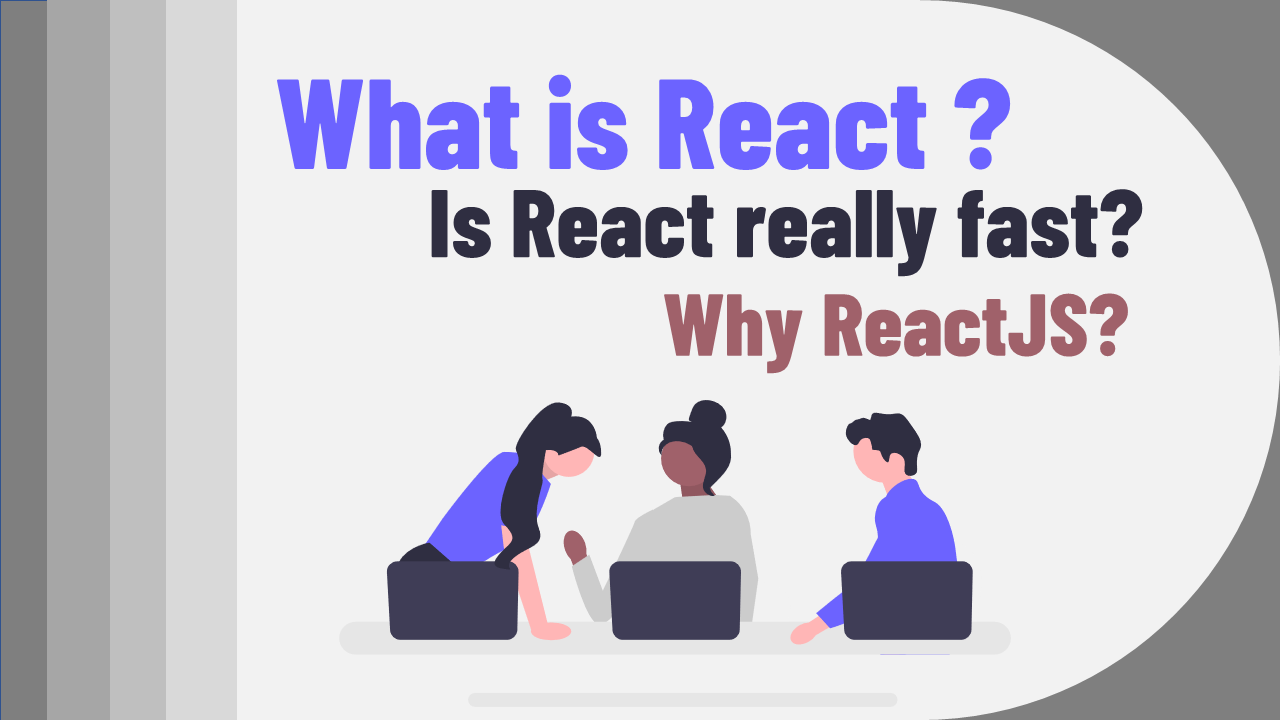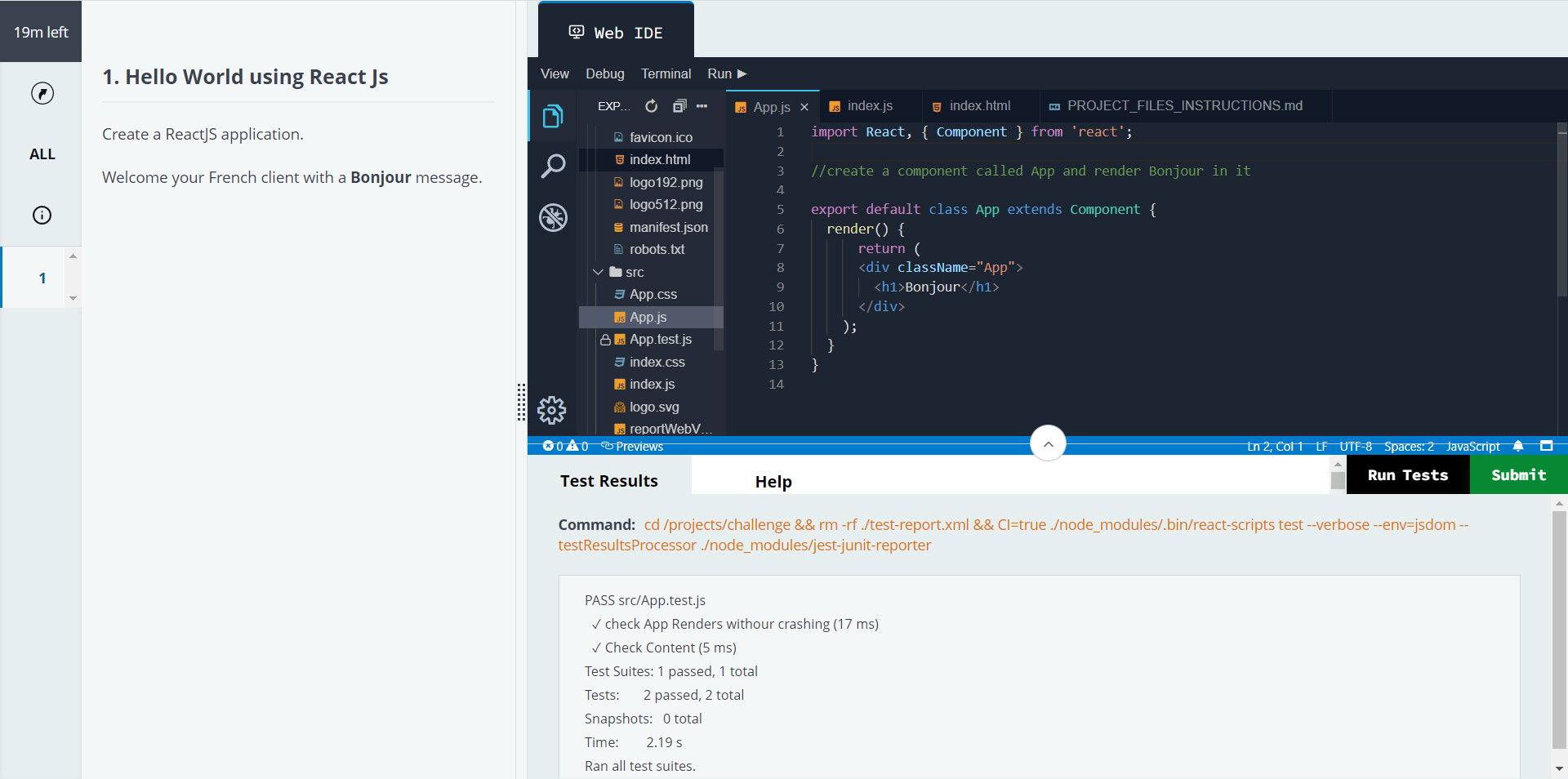Life-cycle Events in React JS
Question
1. Life-cycle Events in React JS
• Create a button that will increment the state of a variable count by 1.
• Use anonymous function using arrow function technique in onClick event to call a function handleClick, and update the state of the count variable.
• Use ComponentDidMount, ComponentWillMount,
ComponentDidUpdate, and
ComponentWill Update Life-cycle events, and analyze the order in which they are invoked.
⚫ View the output in the console by inspecting the elements.
Answer
import React, { Component } from 'react'; class App extends React.Component { // Initialize the state with a count variable set to 0 state = { count: 0, }; // This function will be called when the button is clicked handleClick = () => { // Increment the count by 1 this.setState({ count: this.state.count + 1 }); }; // This function is called after the component is mounted componentDidMount() { console.log('Component did mount'); } // This function is called before the component is mounted componentWillMount() { console.log('Component will mount'); } // This function is called after the component is updated componentDidUpdate() { console.log('Component did update'); } // This function is called before the component is updated componentWillUpdate() { console.log('Component will update'); } // The render function returns the JSX that should be rendered render() { return ( <div> {/* Display the count */} <p>Count: {this.state.count}</p> {/* Add a button with an onClick event that calls the handleClick function */} <button onClick={() => this.handleClick()}>Increment</button> </div> ); } } export default App;





































